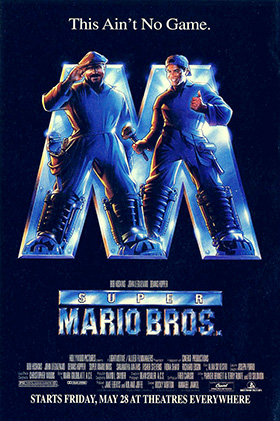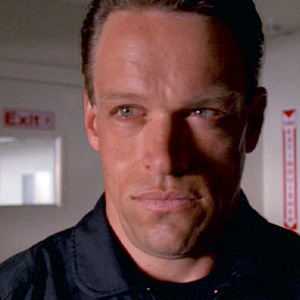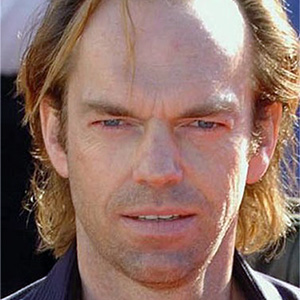Why Geordi La Forge is not a great character
Don't get me wrong -- I like LeVar Burton, and I like what he did with the character. And he did considerable things, because he had very little to work with.
So, what are Geordi's defining traits? He only has two of them.
he's kind of blind
he's not good with women
And that's essentially it. You're probably wondering about the "kind of" qualifier attached to Geordi's blindness -- he's not blind. He has a gizmo that allows him to see. He has a disability, but he doesn't cope with the disability inasmuch as in 99% of episodes, he doesn't have a disability. He is not in any way different to any other character, save for a hair barrette over his eyes. Supposedly Geordi suffers from headaches as a result of wearing the visor, but that's not mentioned very often, and it was virtually never a plot point.
I guess this is something that's charming in hindsight. We can look back at the '80s, and see that it was normal and acceptable for a TV show to have a token minority character -- in this case, a vision-impaired guy -- but it was also okay to sidestep the dramatic handicap (no offence intended) of having to regularly acknowledge and deal with the character's difficulty or inability to perform tasks by simply handwaving the disability with technobabble and completely ignoring it.
Geordi's blindness and his VISOR gadget were mentioned a few times, for example:
the pilot episode "Encounter at Farpoint" has Dr. Crusher give Geordi an examination, leading to the introduction of the headaches the visor causes, and a bit of techsplanation of how the thing works
in "Heart of Glory" we get to see through Geordi's visor for the first and last time (sort of, more in a moment)
in "The Enemy", Geordi's VISOR fails completely, rendering him genuinely blind for about half an episode
in "The Mind's Eye", Geordi is brainwashed by Romulans who jam horrible imagery directly into his VISOR's implants, and then use the VISOR's carrier frequencies to remote-control him
"Parallels" had Geordi as the cause of Worf's quantum universe shifts, as his VISOR emitted some kind of frequency that caused the Klingon to leap between dimensions
in Star Trek: Generations, the two Klingon sisters stick a webcam into Geordi's VISOR to watch him bathe (not making this up)
in Star Trek: First Contact, they gave up on it entirely and just gave him some mechanical eyeballs
Apart from the one episode -- "The Enemy" -- where Geordi is blinded because EM interference on the planet he's stranded on fries his VISOR, his blindness was never genuinely used as a unique plot point.
I think it may not have hurt to have limited Geordi in some way, rather than giving him a tool on his face that actually allows him to see stuff a sighted person cannot. (Infrared, EM radiation, etc.) Most characters are built upon something that's lacking, not an additional ability. Picard lacks family connections, Data lacks (but desires) emotion, Worf lacks other Klingons, Spock lacks (but does not desire) emotion, Odo lack(ed) any knowledge of where he came from or what he was, The EMH lacked a name, Neelix lacked decorum. All of the best characters were absent something.
All Geordi was really lacking was skill with women.














